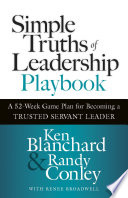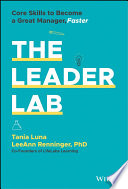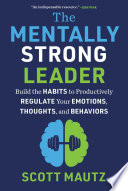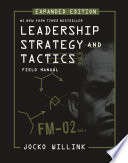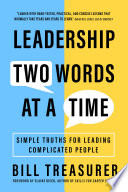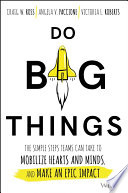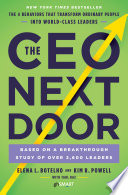Summary
The Leader In You serves as a comprehensive guide for individuals aspiring to enhance their leadership skills and effectiveness. The book delves into the multifaceted nature of leadership, emphasizing that true leaders emerge from a place of self-awareness and personal growth. The author articulates that the journey of leadership begins with understanding oneself—recognizing strengths, weaknesses, values, and motivations. This self-discovery sets the stage for effective leadership, as it fosters authenticity and allows leaders to connect genuinely with their teams.
A compelling vision is presented as a cornerstone of effective leadership. The author stresses the importance of articulating a clear and inspiring vision that aligns with both personal and organizational goals. This vision serves as a guiding star, motivating teams and fostering a culture of shared responsibility. The book illustrates how leaders can adapt their vision as circumstances change, ensuring it remains relevant and inspiring.
Building strong relationships is another critical theme explored in the book. The author emphasizes that effective leadership is rooted in trust, communication, and empathy. Leaders who invest time in understanding their team members create an environment where collaboration flourishes. Active listening, open dialogue, and recognizing achievements are highlighted as essential components of relationship-building. The book illustrates how strong relationships lead to higher performance and job satisfaction.
Effective communication emerges as a vital skill for leaders. The author explores various communication styles and their impact on team dynamics, stressing the importance of clarity, active listening, and adaptability. Non-verbal communication and emotional intelligence are also discussed as essential elements in fostering a healthy communication climate. The book emphasizes that leaders who master these skills can prevent misunderstandings, resolve conflicts, and build stronger teams.
Empowerment and delegation are presented as hallmarks of effective leadership. The author discusses the importance of trusting team members and providing them with the autonomy to make decisions. This empowerment encourages innovation and ownership, allowing leaders to focus on strategic initiatives. The book illustrates how empowering teams leads to increased motivation, creativity, and overall success.
Adaptability and resilience are emphasized as crucial attributes for leaders in a rapidly changing world. The author highlights the need for flexibility and openness to change, discussing strategies for developing resilience, such as maintaining a positive mindset and learning from failures. By modeling adaptability, leaders can guide their teams through uncertainty, ensuring they remain focused and motivated.
Finally, the book advocates for continuous learning and growth as an essential aspect of leadership. The author encourages leaders to seek knowledge, experiences, and feedback throughout their careers, fostering a culture of curiosity and improvement. By committing to lifelong learning, leaders can adapt to evolving landscapes and enhance their effectiveness.
In summary, The Leader In You serves as a valuable resource for anyone looking to develop their leadership skills. It emphasizes that effective leadership is a journey rooted in self-awareness, vision, relationship-building, communication, empowerment, adaptability, and continuous learning. By embracing these principles, individuals can cultivate their leadership potential and make a meaningful impact in their personal and professional lives.


